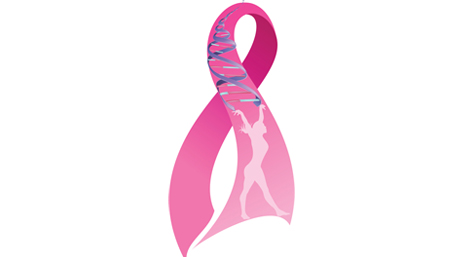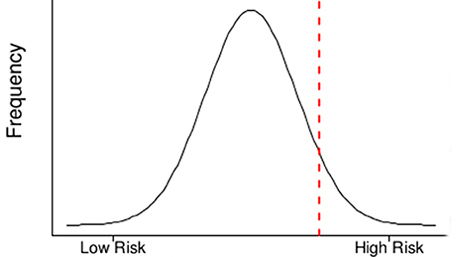
04/24/2020
Hot Topics of the Day are picked by experts to capture the latest information and publications on public health genomics and precision health for various diseases and health topics. Sources include published scientific literature, reviews, blogs and popular press articles.
Sign up MyPHGKB to receive the daily hot topic email alert.
Archived Hot Topics of the Day By Date
Doctors are using AI to triage covid-19 patients. The tools may be here to stay: Faced with staff shortages and overwhelming patient loads, a growing number of hospitals are turning to automated tools to help them manage the pandemic.
K Hao, Tech Review, April 23, 2020
Hospitals are using AI to predict the decline of Covid-19 patients — before knowing it works
C Ross, StatNews, April 24, 2020
Can cell therapies halt cytokine storm in severe COVID-19 patients?
J Ankrum, Sci Trans Med, April 22, 2020
Renin-Angiotensin-Aldosterone System Inhibitors in Patients with Covid-19.
Vaduganathan Muthiah et al. The New England journal of medicine 2020 04 (17) 1653-1659
Nearly All Patients Hospitalized With Covid-19 Had Chronic Health Issues, Study Finds- Only 6 percent of patients at one New York area health system had no chronic conditions. Hypertension, obesity and diabetes were common.
RC Rabin, NY Times, April 23, 2020
Why Are Some Young, Healthy People Getting Severe COVID-19?
K Rogers, FiveThirtyEight, April 23, 2020
Detection of Nucleocapsid Antibody to SARS-CoV-2 is More Sensitive than Antibody to Spike Protein in COVID-19 Patients
PD Burbelo et al, MEDRXIV, APril 24, 2020
A cell phone data driven time use analysis of the COVID-19 epidemic
EP Fenichel et al, MEDRXIV, April 243 2020
Higher mortality in men from COVID19 infection-understanding the factors that drive the differences between the biological sexes.
SP Lyer et al, MEDRXIV, April 24, 2020
Association of Nongenetic Factors With Breast Cancer Risk in Genetically Predisposed Groups of Women in the UK Biobank Cohort
K Alajmi et al, JAMA Network Open, April 24, 2020
Accurate and Scalable Construction of Polygenic Scores in Large Biobank Data Sets
S Yang, et al. AJHG, April 23, 2020
Genetic evidence for protective effects of smoking and drinking behavior on Parkinson's disease: A Mendelian Randomization study
CD Baleon et al, MEDRXIV, April 24, 2020
The evidence landscape in precision medicine.
Hey Spencer Phillips et al. Science translational medicine 2020 Apr (540)
Prediction Models - Development, Evaluation, and Clinical Application.
Pencina Michael J et al. The New England journal of medicine 2020 Apr (17) 1583-1586
Disclaimer: Articles listed in Hot Topics of the Day are selected by Public Health Genomics Branch to provide current awareness of the scientific literature and news. Inclusion in the update does not necessarily represent the views of the Centers for Disease Control and Prevention nor does it imply endorsement of the article's methods or findings. CDC and DHHS assume no responsibility for the factual accuracy of the items presented. The selection, omission, or content of items does not imply any endorsement or other position taken by CDC or DHHS. Opinion, findings and conclusions expressed by the original authors of items included in the Clips, or persons quoted therein, are strictly their own and are in no way meant to represent the opinion or views of CDC or DHHS. References to publications, news sources, and non-CDC Websites are provided solely for informational purposes and do not imply endorsement by CDC or DHHS.
- Page last reviewed:Feb 1, 2024
- Page last updated:May 18, 2024
- Content source:






